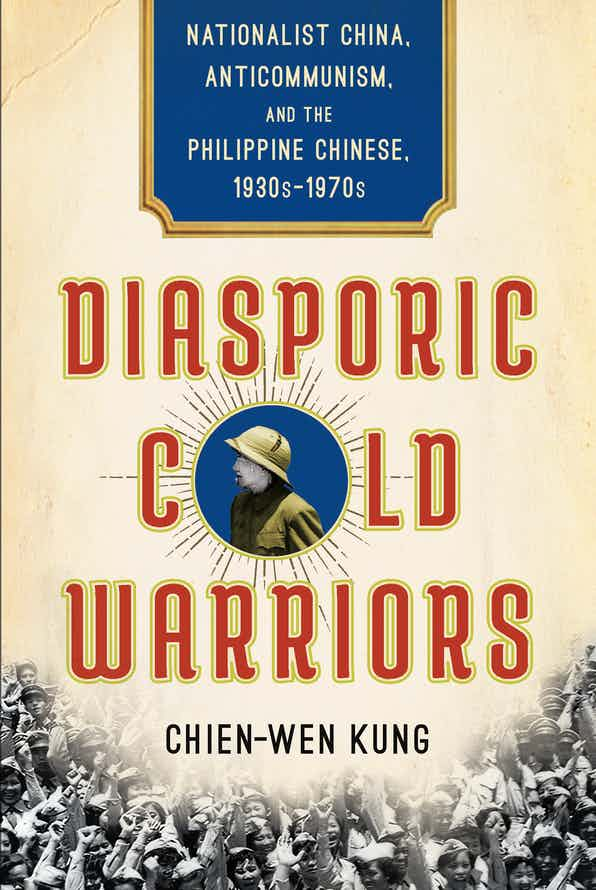Diasporic Cold Warriors: Nationalist China, Anticommunism, and the Philippine Chinese, 1930s–1970s
September 7, 2022
Diasporic Cold Warriors: Nationalist China, Anticommunism, and the Philippine Chinese, 1930s–1970s
 Assistant Professor Kung Chien-Wen (NUS Department of History) published Diasporic Cold Warriors: Nationalist China, Anticommunism, and the Philippine Chinese, 1930s–1970s in March 2022 with Cornell University Press, as part of the ‘Studies of the Weatherhead East Asian Institute’ series by Columbia University. The book explains how the Chinese in the Philippines became Southeast Asia’s most ardent overseas Chinese supporters of the Chinese Nationalist Party (Kuomintang, abbreviated as KMT) from the 1950s to 1970s.
Assistant Professor Kung Chien-Wen (NUS Department of History) published Diasporic Cold Warriors: Nationalist China, Anticommunism, and the Philippine Chinese, 1930s–1970s in March 2022 with Cornell University Press, as part of the ‘Studies of the Weatherhead East Asian Institute’ series by Columbia University. The book explains how the Chinese in the Philippines became Southeast Asia’s most ardent overseas Chinese supporters of the Chinese Nationalist Party (Kuomintang, abbreviated as KMT) from the 1950s to 1970s.
Asst Prof Kung argues that during these decades, the Philippine Chinese were pro-Taiwan, anticommunist supporters. In fact, no other Chinese community in the region was as vigilant in identifying and rooting out suspected communists as the Chinese in the Philippines.
Drawing on archival research and fieldwork in Taiwan, the Philippines, the United States, and China, Asst Prof Kung asserts that Taipei exercised a form of nonterritorial sovereignty over the Philippine Chinese with Manila’s participation and consent. He also contends that the influence of the KMT led to Chinese identity formation and practices of belonging in the Philippines being deeply infused with Cold War ideology.
Order the book here.
Diasporic Cold Warriors: Nationalist China, Anticommunism, and the Philippine Chinese, 1930s–1970s will be launched on 20 September at 6pm at the NLB. More details are available here.
